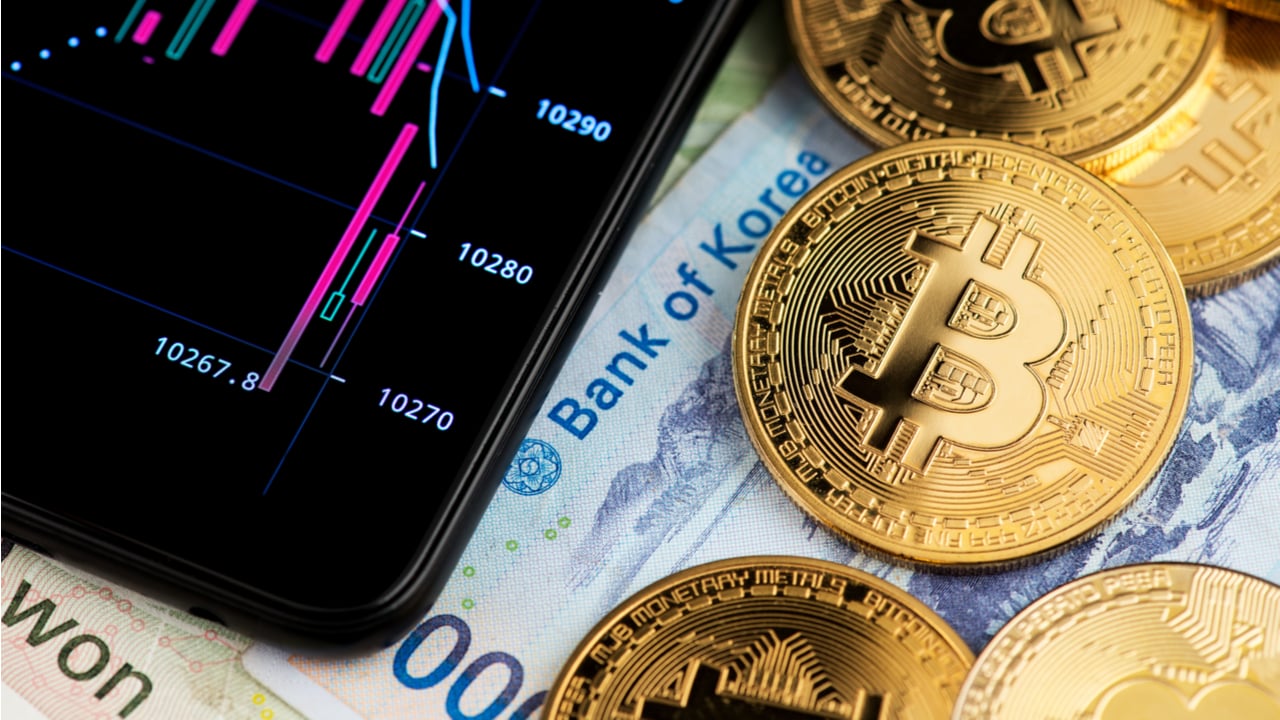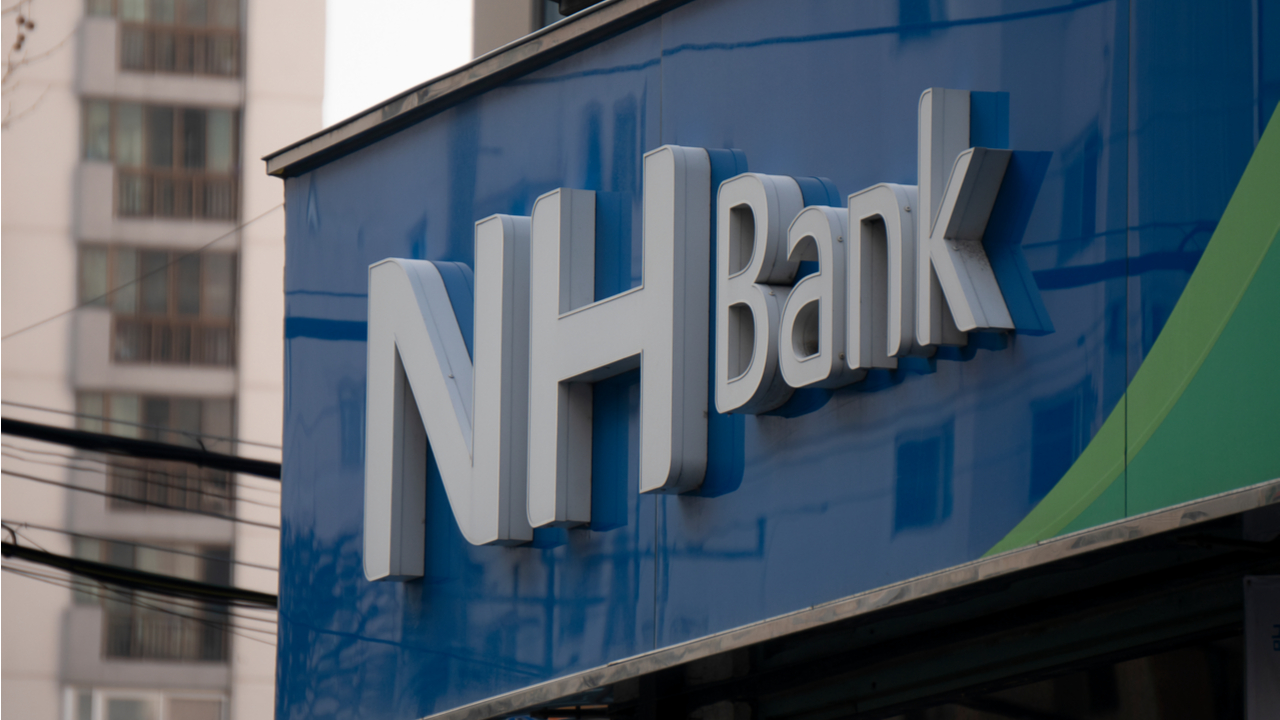Major Korean Exchanges Secure Real-Name Account Arrangements With Local Banks
Publikováno: 10.9.2021
 Leading cryptocurrency exchanges in South Korea have reached agreements with Korean banks to maintain the issuance of real-name accounts, media reports revealed. The deals, although not yet permanent, will allow the trading platforms to register with financial authorities before the Sept. 24 compliance deadline. Bithumb, Coinone and Korbit Maintain Partnerships With Korean Banks Banks have […]
Leading cryptocurrency exchanges in South Korea have reached agreements with Korean banks to maintain the issuance of real-name accounts, media reports revealed. The deals, although not yet permanent, will allow the trading platforms to register with financial authorities before the Sept. 24 compliance deadline. Bithumb, Coinone and Korbit Maintain Partnerships With Korean Banks Banks have […]

Leading cryptocurrency exchanges in South Korea have reached agreements with Korean banks to maintain the issuance of real-name accounts, media reports revealed. The deals, although not yet permanent, will allow the trading platforms to register with financial authorities before the Sept. 24 compliance deadline.
Bithumb, Coinone and Korbit Maintain Partnerships With Korean Banks
Banks have reportedly agreed to keep issuing real-name accounts for South Korea’s top digital asset exchanges. The arrangements will still need to be finalized but the received confirmations will allow the coin trading platforms to complete their registration with the country’s financial authorities before the regulatory deadline expires later this month.
On Wednesday, a spokesperson for Nonghyup Bank revealed the institution has agreed to extend deals to issue real-name accounts for traders at Bithumb and Coinone. According to a report by the Korea Jongang Daily, the representative confirmed the bank will provide the exchanges with the documents needed to finalize their contracts.

The current agreements with the two crypto platforms are supposed to expire on Sept. 24 when tougher new regulations for the industry adopted in March will be enforced. While previous contracts have been renewed every six months, this time the bank declined to disclose the terms of the latest contracts, Joongang Ilbo’s English-language edition noted.
In a similar move, Shinhan Bank announced it’s continuing to issue real-name accounts for Korbit, another leading Korean exchange. The bank remarked, however, the confirmation doesn’t mean the contract with the crypto company has been officially extended. The document has been delivered to allow the exchange to proceed with its registration process, a spokesperson explained, further elaborating:
Whether we are extending the partnership will be announced before the Sept. 24 deadline, but for now we are holding that off for later.
According to the Korean daily, the statement suggests the bank plans to eventually extend the partnership with Korbit but it will probably wait until the exchange files for registration with the Financial Services Commission (FSC). The publication quotes another source stating that the final announcement is likely to come “in the last minute.” The current agreement expires after Sept. 24.
Korea’s Four Largest Crypto Exchanges Ready to Continue Business Under Stricter Rules
Acquiring a registration with the Korean Financial Intelligence Unit (FIU), an anti-money laundering body under the FSC, is a key requirement under the country’s updated crypto regulations. To be able to register, Korean exchanges need to not only secure a partnership with a bank in order to implement the real-name account system, but also obtain an Information Security Management System (ISMS) certificate from the Korea Internet and Security Agency.
The country’s top four crypto trading platforms have now managed to meet both conditions. Upbit, the largest by trading volume, filed for registration last month. The Korean online bank K Bank is issuing real-name accounts for the platform. However, the whole registration process could take up to three months during which time financial regulators will verify the submitted documentation and approve the application, as the FSC noted earlier this week.
Besides Upbit, Bithumb, Coinone, and Korbit, 17 other exchanges have also acquired ISMS certification, according to a report by the Chosun Ilbo daily. Smaller crypto trading venues, however, have found it hard to convince Korean banks to provide them with the necessary services under the revised Special Funds Act. 59 exchanges have yet to meet the requirement and may have to close down after the stricter rules come into force.
Do you expect more Korean crypto exchanges to meet the new regulatory requirements by Sept. 24? Tell us in the comments section below.